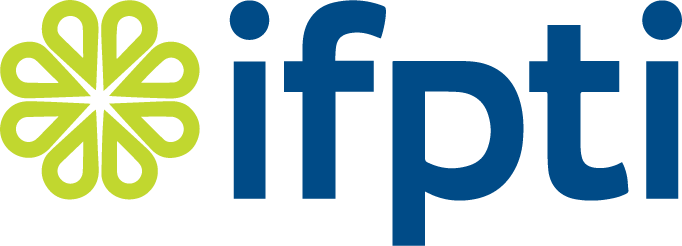IFSS Human and Animal Food Laboratory
Entry (Program Specific)
Specialized Labs
Content Area: Animal Food
Description: Basic theory and chemical testing related to animal food.
Topic Areas:
-
Description: The analytical basis for regulatory actions.
Terminal Competency:
Discuss the relationship of testing to regulatory actions.
Enabling Competencies:
1. Discuss the value of AAFCO for feed laboratories.
2. Discuss how label guarantees influence laboratory testing.
3. Calculate analyte concentration from a custom mix formula.
4. List possible regulatory actions to be taken in response to test results.
To see a set of behavioral anchors, which provide further detail about the enabling competencies and can be used for assessment against the enabling competencies, contact IFPTI.
-
Description: Animal food testing procedures used in the laboratory.
Terminal Competency:
Describe animal food testing procedures used in the laboratory.
Enabling Competencies:
1. Identify resources for animal feed regulatory laboratories.
2. Explain how to select a test method.
3. Describe the analytical techniques used to test animal food.
4. Describe the use of test kits for animal food testing.
To see a set of behavioral anchors, which provide further detail about the enabling competencies and can be used for assessment against the enabling competencies,contact IFPTI.
-
Description: Quality considerations related to animal food programs.
Terminal Competency:
Discuss quality considerations for an animal food program.
Enabling Competencies:
1. Identify quality resources for animal feed testing.
2. Explain the importance of proficiency testing to quality system.
3. Recognize the relationship of statistical error to action limits.
To see a set of behavioral anchors, which provide further detail about the enabling competencies and can be used for assessment against the enabling competencies,contact IFPTI.
-
Description: Diversity in types of animal/pet food matrices.
Terminal Competency:
Describe the diversity in matrices.
Enabling Competencies:
1. Give examples of animal/pet food matrices.
2. Recognize the differences between a supplement/premix and a complete feed.
To see a set of behavioral anchors, which provide further detail about the enabling competencies and can be used for assessment against the enabling competencies, contact IFPTI.
-
Description: Nutritional analytes for animal food.
Terminal Competency:
Characterize nutritional analytes for animal food.
Enabling Competencies:
1. Explain how the animal food label relates to laboratory testing.
2. Give examples of non-label nutritional components for which an analysis is performed (e.g., copper in sheep feed, carbohydrates, amino acids, protein, fatty acids).
To see a set of behavioral anchors, which provide further detail about the enabling competencies and can be used for assessment against the enabling competencies,contact IFPTI.
-
Description: Contaminants, toxicants, and anti-nutritional factors in animal food.
Terminal Competency:
Describe how contaminants, toxicants, and anti-nutritional factors relate to laboratory testing.
Enabling Competencies:
1. Give examples of contaminants found in animal food.
2. Give examples of toxicants found in animal food (e.g., mycotoxin).
3. Give examples of anti-nutritional factors found in animal food (e.g., trypsin inhibitor).
To see a set of behavioral anchors, which provide further detail about the enabling competencies and can be used for assessment against the enabling competencies,contact IFPTI.
-
Description: Animal food emergency response impacts.
Terminal Competency:
Discuss quality considerations for an animal food program.
Enabling Competencies:
1. Discuss the impact of an animal food incident on the human food chain.
2. Discuss the linkage between an animal food incident and animal mortality.
3. Discuss the process of responding to an animal food incident involving pet food.
To see a set of behavioral anchors, which provide further detail about the enabling competencies and can be used for assessment against the enabling competencies,contact IFPTI.
Learning Resources:
Coming Soon
Assessments:
Coming soon
